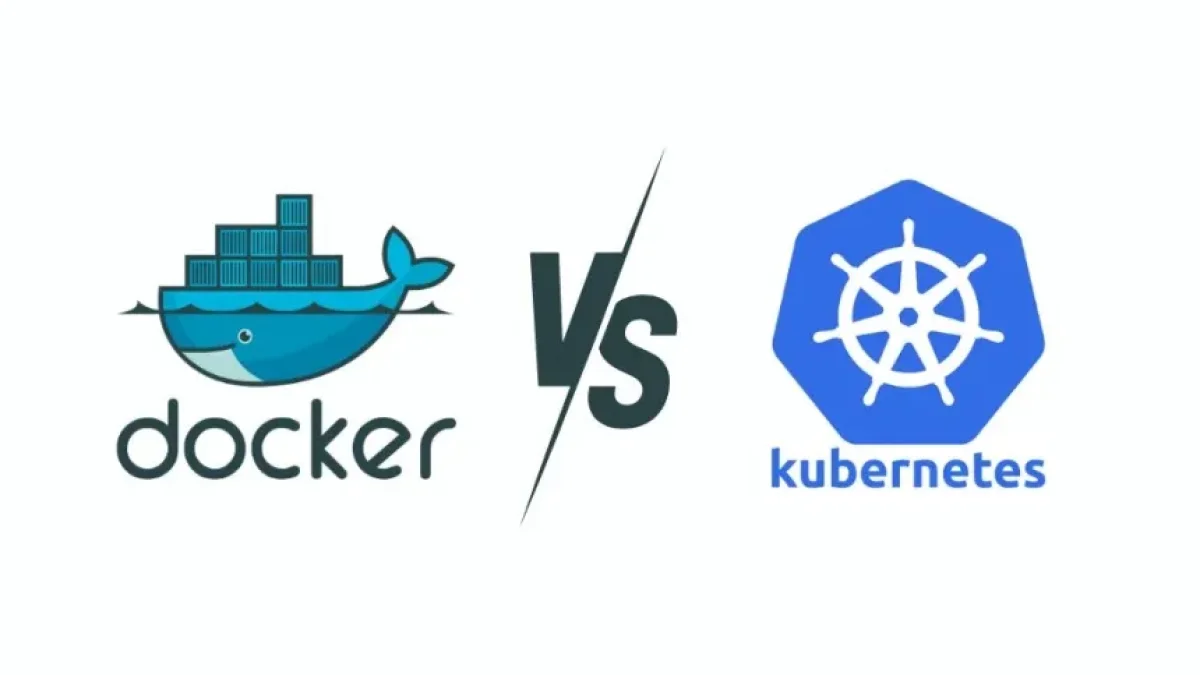Docker vs Kubernetes: Which One to Choose for Your Project?


In the world of software development, the choice of the right tools can make the difference between a successful project and a complicated one. Docker and Kubernetes are two of the most popular tools in the realm of containerization and scalable application management. In this article, we will analyze their main features and differences to help you decide which one best suits your needs.
What is Docker?
Docker is a containerization platform that allows developers to package applications and all their dependencies into containers. These containers can run anywhere, whether on a local machine, on a server, or in the cloud, making it easier to deploy and port applications.
Advantages of Docker
- Portability: By containing all dependencies within the container, the application can run in any environment without compatibility issues.
- Isolation: Each container is independent, meaning applications can run without interference.
- Efficiency: Docker uses fewer resources than virtual machines, allowing more containers to run on a single physical machine.
What is Kubernetes?
Kubernetes, also known as K8s, is a container orchestration platform that automates the deployment, scaling, and management of containers. It is often used with Docker to manage applications in server clusters.
Read also
Advantages of Kubernetes
- Scalability: Kubernetes allows applications to scale automatically based on demand, ensuring efficient resource utilization.
- Self-healing: If a container fails, Kubernetes can automatically restart it to maintain application availability.
- Simplified management: It provides a user interface and an API for managing containerized applications, making it easier for administrators to perform complex tasks.
Key Differences Between Docker and Kubernetes
Purpose
The main difference between Docker and Kubernetes lies in their purpose. Docker is a container creation tool, while Kubernetes is an orchestration tool that manages those containers in production environments.
Complexity
Docker is easier to learn and use, making it ideal for developers who are just starting with containerization. On the other hand, Kubernetes is more complex and may require a greater learning curve, but it offers powerful features for managing large-scale applications.
Use Cases
Docker is suitable for smaller projects or for the development and testing of applications, while Kubernetes is ideal for larger applications that require high availability, scalability, and complex management.
Read also
Which One to Choose for Your Project?
The choice between Docker and Kubernetes depends on the specific needs of your project. If you need a simple containerization solution, Docker is your best option. However, if you are working on a large-scale project that requires advanced management and scalability, Kubernetes may be more appropriate.
Conclusion
Docker and Kubernetes are powerful tools that have transformed the way applications are developed and deployed. Understanding their features and differences is essential for selecting the right tool that aligns with your project's requirements. If you want to delve deeper into this topic and other related technology subjects, I invite you to explore more updates on my blog.



















